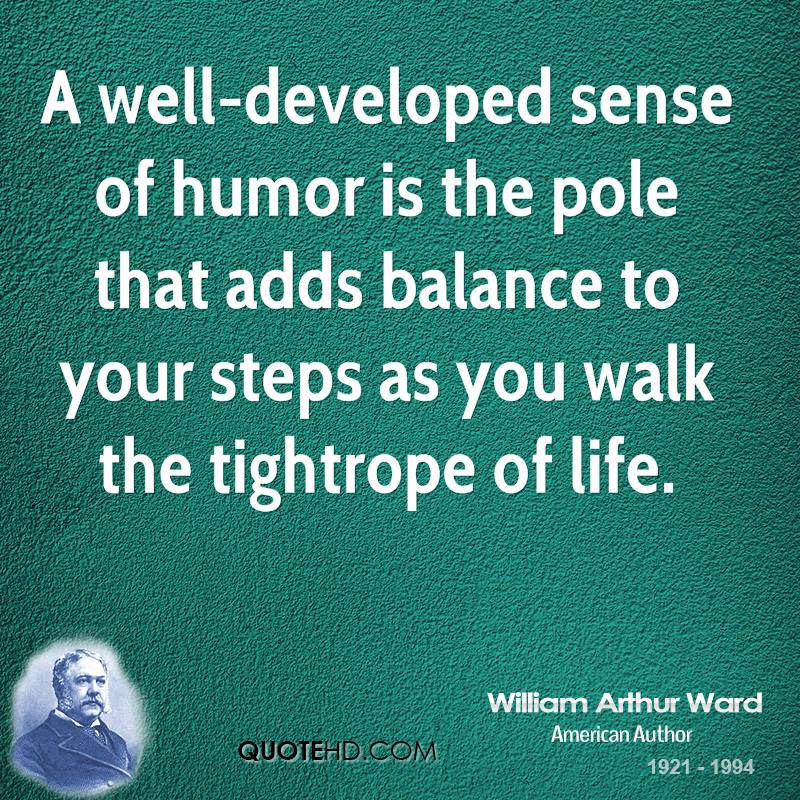Dry Sense Of Humor: The Silent Jokester’s Secret Weapon
Have you ever met someone who cracks jokes without even trying? Someone whose humor feels like a cool breeze on a hot day—subtle but impactful? That’s the magic of dry sense of humor. It’s not in-your-face, it doesn’t shout for attention, but when it hits, it hits hard. If you’ve ever wondered what makes this type of humor so effective, or how to develop it yourself, you’re in the right place.
Dry humor is like that one friend who doesn’t laugh at their own jokes but leaves everyone else in stitches. It’s the art of delivering witty remarks with a straight face, making the punchline all the more surprising. This unique form of humor has been around for ages, and it continues to captivate audiences worldwide.
In this article, we’ll dive deep into the world of dry sense of humor. We’ll explore its origins, how it works, why it’s so effective, and even throw in some tips on how you can master it. So grab a cup of coffee, settle in, and let’s get to the bottom of this quirky yet fascinating topic.
Read also:Is Peet Montzingo Gay Unpacking The Life Career And Speculations
Without further ado, here’s your comprehensive guide to understanding and embracing the power of dry sense of humor.
Table of Contents
- What is Dry Sense of Humor?
- The History of Dry Humor
- Key Characteristics of Dry Humor
- Benefits of Having a Dry Sense of Humor
- Real-Life Examples of Dry Humor
- How to Develop a Dry Sense of Humor
- Common Mistakes to Avoid
- Impact on Personal and Professional Relationships
- Cultural Differences in Dry Humor
- Famous People Known for Dry Humor
What is Dry Sense of Humor?
Dry sense of humor is a style of comedy where the delivery is understated, often with a neutral or serious tone. It’s less about the content of the joke and more about the way it’s delivered. Picture someone saying something hilariously absurd while maintaining a poker face. That’s dry humor in action.
This type of humor relies heavily on timing, tone, and context. A well-timed dry remark can turn an ordinary conversation into a memorable experience. Unlike slapstick comedy or overt sarcasm, dry humor leaves room for the listener to interpret and react, making it all the more engaging.
Why is Dry Humor So Effective?
The beauty of dry humor lies in its subtlety. When done right, it can catch people off guard, leading to those unexpected bursts of laughter that make life so much funnier. Plus, it’s a great way to lighten the mood without being overbearing.
Studies show that humor, especially dry humor, can boost cognitive function and improve social connections. It’s like a mental workout for your brain and a social lubricant all rolled into one.
The History of Dry Humor
Dry humor isn’t a new phenomenon. It’s been around for centuries, evolving with cultures and societies. From the witty repartee of ancient Greek philosophers to the sarcastic quips of British comedians, dry humor has always had its place in the world of comedy.
Read also:Cheri Oteri Husband The Untold Story Behind The Woman Who Stole Our Hearts
In the 19th century, authors like Mark Twain and Oscar Wilde popularized dry wit through their writings. Twain’s ability to twist words and Wilde’s knack for delivering biting remarks with a straight face set the stage for modern-day dry humor.
How Did Dry Humor Become Mainstream?
With the rise of television and film, dry humor found a new platform. Shows like “Monty Python’s Flying Circus” and movies featuring actors like Steve Carell brought dry humor into living rooms across the globe. Today, social media has further amplified its reach, with memes and viral videos showcasing the best of dry humor.
Key Characteristics of Dry Humor
So, what makes dry humor stand out? Here are some defining traits:
- Subtlety: The jokes aren’t loud or obvious. They sneak up on you.
- Deadpan Delivery: A serious expression or tone is crucial to pulling it off.
- Irony: Often, the humor comes from saying the opposite of what’s expected.
- Context-Dependent: The setting and situation play a big role in how the humor lands.
These elements combined create a form of humor that’s both clever and captivating. It’s like solving a puzzle, where the punchline is the missing piece.
Benefits of Having a Dry Sense of Humor
Having a dry sense of humor isn’t just about being funny; it’s about being relatable and approachable. Here are some benefits:
- Stress Relief: Laughter is a natural stress reliever, and dry humor can be a great way to brighten someone’s day.
- Improved Communication: People with a dry sense of humor tend to be better communicators, as they understand the importance of timing and tone.
- Enhanced Creativity: Developing dry humor requires thinking outside the box, which can boost creativity in other areas of life.
And let’s not forget the social perks. Who doesn’t love hanging out with someone who can make them laugh without even trying?
Real-Life Examples of Dry Humor
Need some inspiration? Here are a few examples of dry humor in action:
- “I’m on a seafood diet. I see food, and I eat it.” – Unknown
- “I’m not a fan of birthdays. They’re just another reminder that I’m getting older.” – Unknown
- “I’m not lazy; I’m just conserving energy.” – Unknown
These one-liners might seem simple, but their delivery is what makes them shine. Try saying them with a straight face and watch the reactions!
How to Develop a Dry Sense of Humor
Think you don’t have a dry sense of humor? Think again. Like any skill, it can be developed with practice. Here’s how:
Step 1: Observe and Learn
Pay attention to comedians, actors, and writers who excel at dry humor. Analyze their delivery and try to understand what makes their jokes work.
Step 2: Experiment with Delivery
Practice delivering jokes with different tones and expressions. Record yourself if needed, and listen to how your delivery affects the humor.
Step 3: Be Patient
Developing a dry sense of humor takes time. Don’t get discouraged if your jokes don’t land right away. Keep practicing, and you’ll get there.
Common Mistakes to Avoid
While dry humor can be incredibly effective, it’s not without its pitfalls. Here are a few common mistakes to watch out for:
- Overexplaining: Let the joke speak for itself. If you have to explain it, it loses its impact.
- Forcing It: Humor should feel natural. If it feels forced, it won’t resonate with your audience.
- Ignoring Context: Timing and setting are crucial. A dry joke that works in one situation might fall flat in another.
Avoid these traps, and you’ll be well on your way to becoming a master of dry humor.
Impact on Personal and Professional Relationships
Dry humor can have a profound impact on relationships, both personal and professional. In personal relationships, it can strengthen bonds by creating shared moments of laughter. In professional settings, it can help break the ice and foster a more relaxed work environment.
However, it’s important to know your audience. What works with friends might not work with colleagues, and vice versa. Strike a balance, and you’ll find that dry humor can enhance all aspects of your life.
Cultural Differences in Dry Humor
Not all cultures appreciate dry humor equally. While it’s highly valued in countries like the UK and Australia, it might not resonate as well in cultures that favor more direct forms of communication. Understanding these differences is key to using dry humor effectively across diverse audiences.
Why Do Cultural Differences Matter?
Humor is deeply rooted in cultural norms and values. What’s funny in one culture might be confusing or even offensive in another. By being mindful of these differences, you can tailor your humor to fit the context and audience.
Famous People Known for Dry Humor
Throughout history, many famous individuals have been celebrated for their dry sense of humor. Here’s a quick look at a few:
Steve Carell
Known for his role in “The Office,” Carell’s deadpan delivery and impeccable timing have made him a household name in dry humor.
Stephen Fry
A British actor and writer, Fry’s wit and charm have earned him a reputation as one of the greatest dry humorists of our time.
Mindy Kaling
With her quick wit and sharp observations, Kaling has become a favorite among fans of dry humor.
Conclusion
Dry sense of humor is more than just a way to make people laugh; it’s a powerful tool for building connections and enhancing communication. By understanding its characteristics, benefits, and cultural nuances, you can harness its power to enrich your life and the lives of those around you.
So, why not give it a shot? Start observing, practicing, and experimenting with dry humor today. Who knows? You might just discover a hidden talent that brings joy to everyone you meet.
And remember, humor is all about having fun. So, don’t take it too seriously—after all, that’s the essence of dry humor!
Got any thoughts or questions? Drop a comment below, and let’s keep the conversation going. Thanks for reading!
Article Recommendations


